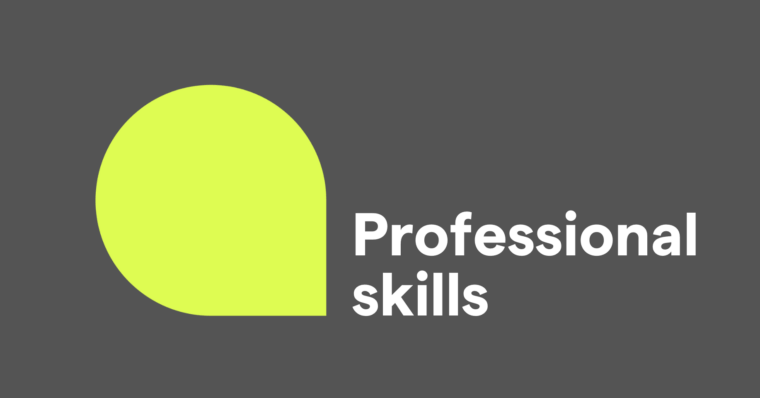
All across America, it is performance review time — the annual ritual of nervousness and wincing when everyone from interns to executives gears up to receive critical feedback about their work. In addition to the evaluation of performance and success, this is the time when managers and HR pros decide on bonuses, promotions, and raises.
While employees probably cannot turn the tide of a poor performance streak, there are behaviors you can practice that will improve your chances for a raise this review cycle or next. For insight, we turned to Joel Garfinkle, executive coach and author of Get Paid What You’re Worth. “Your manager will most likely never come to you and simply give you a raise. You need to ask for the pay increase. Don’t be afraid to ask for the raise,” Garfinkle says.
Here he weighs in on the ten simple ways to show your boss you’re ready for a raise.
1. Practice good communication early and often.
“Great communication skills are critical in every aspect of your career. Whether it’s communicating with your superiors, fellow team members or those you’re directing, effective and efficient communication will help ensure you’re seen as a valuable asset.”
2. Show your ability to motivate and inspire those you work with.
“Being seen as a great team motivator is typically key to moving up any company’s organizational chart. Great leaders don’t tell people what to do, they inspire them to do their best.”
3. Consistently push the boundaries of what’s possible.
While you may not be able to invent the next big app or revolutionize your industry, showing that you are proactively thinking about business solutions and ways to innovate will make all the difference come review time.
“Whether you’re developing innovations within your industry, your company, or just within your specific job duties, showing that you can think outside the box to help take your organization to the next level is going to really make a good impression on those who’ll be determining the fate of your promotion.”
4. Think about what contributes to the bottom line.
“Hard work is always a great start to securing that raise, but definitely not all that it takes. Your value as an employee, which is determined in both qualitative and quantitative measures, are areas your manager can put a number to and are often easier to use as leverage when talking about a raise. Remember, improving a business’s bottom line is a primary goal of for-profit businesses. For this reason, if an employee consistently is contributing effectively and efficiently to this goal, it’s going to be more likely these efforts will develop into a raise.”
5. Be mindful of timing.
Timing is important for these two reasons:
“The timing of the company’s fiscal health and future plans. How is the company doing, financially? Are they in a position where they can afford to give you a raise? What are their development plans and how important is the work you are doing to the success of those plans? This can increase your value significantly if they feel like they ‘can’t afford to lose you.’”
“Secondly, the timing of your supervisor. Where your supervisor is on that oscillation of employee worth can affect whether or not he or she can get your raise approved. Even the mood they are in (both due to personal and professional reasons) can impact your effectiveness on negotiating a raise. ”
6. Get buy-in from your colleagues and mentors.
“Endorsements and recommendations can be the deciding factor when it comes to getting a raise. When your peers or supervisors praise your work, definitely keep track of that as supporting material for the raise discussion.”
7. Be a risk taker.
“In order to negotiate, you must be willing to take the risks to ask for what you want. Your fearless and courageous attitude will help you take the necessary risks to get the upper hand.”
8. Be confident in yourself and your own self-worth.
“The #1 reason most people get less in a negotiation is due to lack of self-worth. People under-earn because they undervalue themselves. Be confident in yourself so you can believe that you deserve the amount you are asking for.”
9. Have the right amount of patience.
“Most concessions occur at, or even past, the deadline. Be patient in order to get your desired amount. You will be tempted to give in and accept the offer, but this is where the real negotiation begins. The more patient you are throughout the process, the greater your chances are for getting what you want.”
10. Stay ready.
“Employees should never wait for their periodic review to discuss their raise and/or promotion aspirations. Instead, they should be having these conversations with their superiors throughout the year. Oftentimes, raises require budgetary changes, and this means that it needs to be planned and budgeted for by your supervisor. Letting your supervisor know of your desires also allows them to give you more responsibility so you can take on opportunities to earn that raise. When you do take on additional responsibilities and are successful, definitely keep track of these accomplishments so you can use it as supporting evidence for your raise request.”
A version of this post originally appeared on Glassdoor’s blog.





